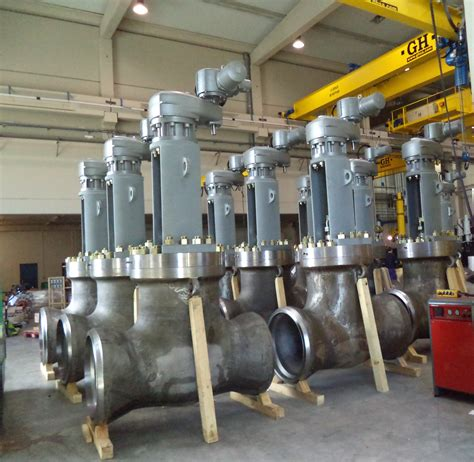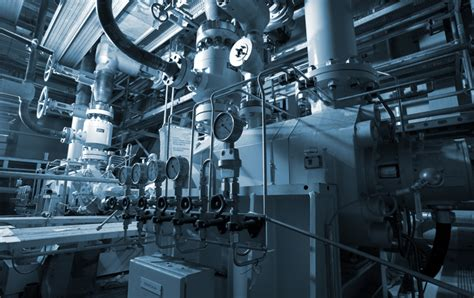
The Importance of Valves in the Production of Nuclear Energy
The flow of water in a reactor is vital and this is where valves come into play. There are many different shapes of valve, such as a sphere, circular truncated cone, pyramid truncated cone, or ellipsoid. These shapes all relate to the flow of water, and each one affects the reactor differently.
Although the fundamental design of valves hasn’t changed over the past several decades, recent advances in material technology and manufacturing allow them to function at higher temperatures, higher pressures, and higher frequencies. That’s a big deal for nuclear power plants, and it’s why engineers are looking at ways to improve the performance of these valves. When you need Gas Valves, visit orseal.com
There are several ways valves improve the safety of nuclear power plants. Using valves in these facilities helps reduce the possibility of a power plant shutdown due to backflow. For example, shut-off and control valves can prevent any flow through a pipe. Check valves block flow only in one direction, while shut-off and control valves prevent any flow. When both types of valves fail, the reactor’s turbine and heat are compromised.
In addition to age-related damage, electric valves are highly important for nuclear energy production. With such an immense number of components, it’s important to analyse their degradation patterns so that they can be replaced if necessary. This is difficult with conventional maintenance, as it’s impossible to inspect each valve individually. Therefore, remote sensing of valve condition is essential to estimate their remaining useful lives. Typical aging modes have been identified. In addition to aging, assessment data must be gathered through acoustic emission sensors.
Valves are used to control many different systems in a power plant. They’re used to control almost every aspect of the plant’s operation, from pollution control to feed water and cooling water to chemical treatment and steam turbine controls. In addition to this, they’re exposed to different chemicals, and they are a vital control element in power plant operations. A valve’s reliability depends on its ability to regulate various processes, including pressure and temperature.
In addition to ensuring reliability, the design of valves can also improve corrosion protection. Modern powder coating processes can help actuators withstand harsh environments, while retaining the mechanical part. Modern valves can even benefit from data transfer, enabling them to retain their functionality while avoiding the need to programme them again. Valves play an important role in the production of nuclear energy.


Leave a reply